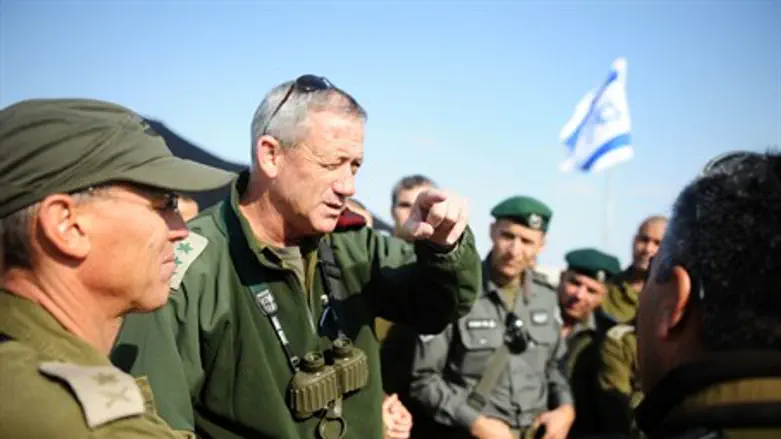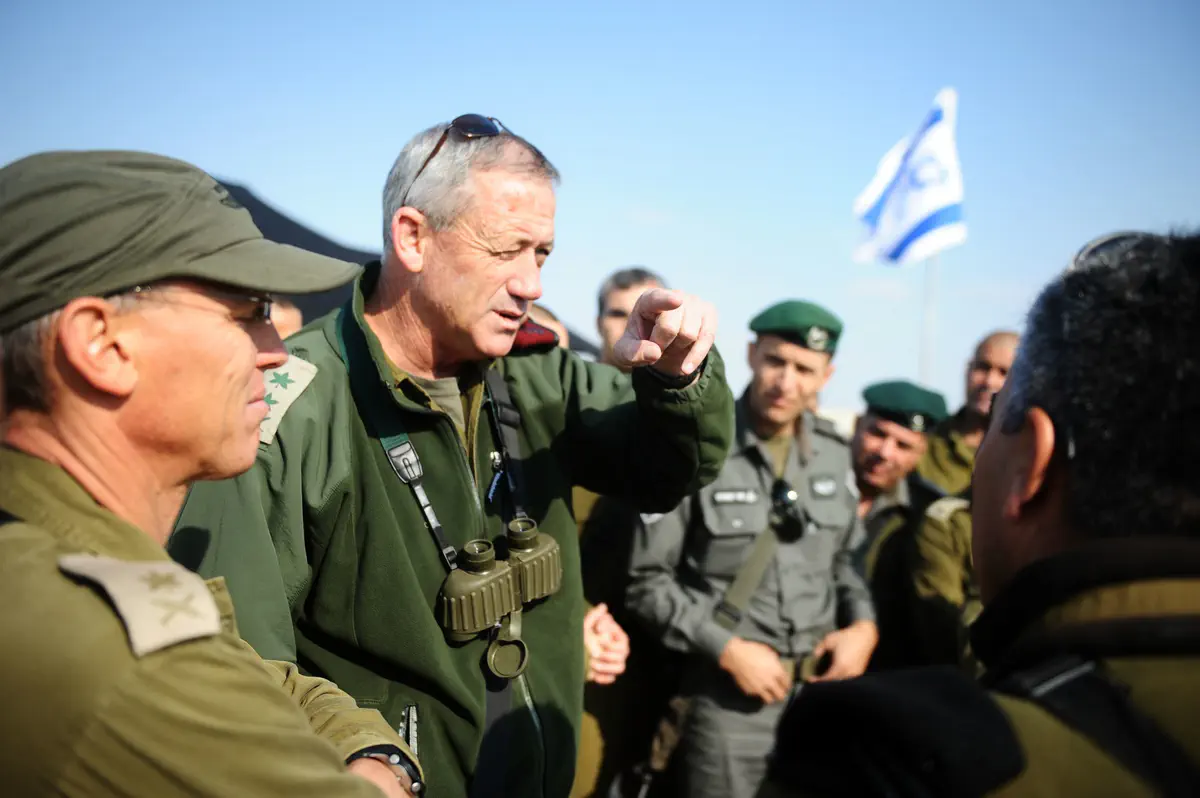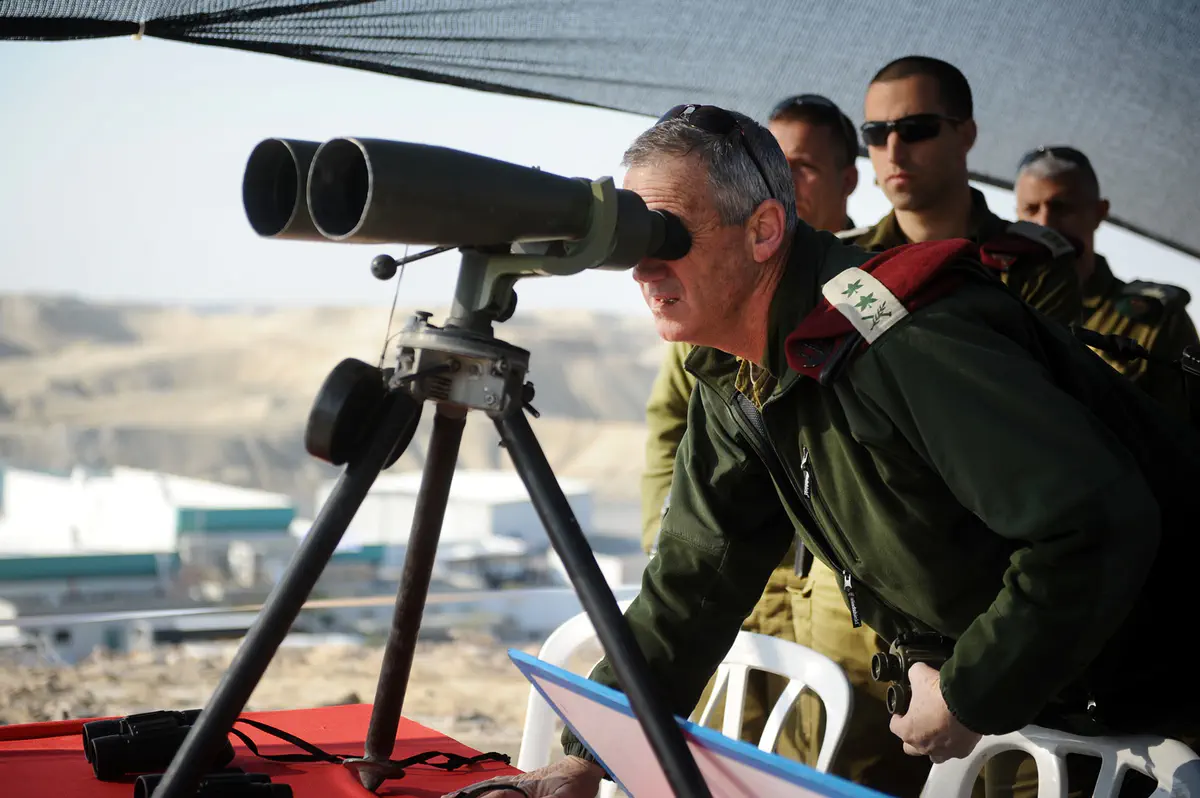
Israel's security chiefs are taking a hands on approach in managing Friday's planned Arab protests and a "Global March to Jerusalem" from neighboring countries.
Thousands of additional police and troops were deployed across Israel and along the Jewish state's borders in anticipation of violence.
Israeli Arabs and Palestinians in the West Bank and Gaza today are marking Land Day, an annual protest against what they say are discriminatory Israeli land policies.
On Friday, thousands of Arabs set out from the Lower Galilee city of Sakhnin to Arraba The central observance is scheduled for the afternoon in Deir Hana in coordination with police.
Friday prayers on the Temple Mount in Jerusalem, where violence has repeatedly erupted in recent months, started amid concern over Land Day disturbances upon their conclusion.
Police Commissioner Yochanan Danino held a security assessment at the Western Wall Plaza with senior commanders.
As part of preparations, police said they would limit the access of Muslim worshipers to the Temple Mount for Friday prayers. Only men over the age of 40 in possession of a blue Israeli identity card and women will be given access to the Temple Mount.
Elsewhere, IDF Chief of Staff Benny Gantz toured the northern border and the Central Command's domain, Friday, and held security assessments with generals and brigade commanders.
Gantz directed the forces to be vigilant while exercising discretion to protect Israeli sovereignty for Land Day, as observed by Israeli Arabs, and the "March on Jerusalem" being undertaken by Palestinian Authority Arabs in Judea and Samaria - and groups of Arabs and other Muslims on Israel's international borders.
Organizers claim protests will be peaceful, but have failed to deliver on similar pledges in recent years resulting in deadly violence.
At least 15 people were killed in clashes with Israeli soldiers when they tried to cross the Syrian and Lebanese borders with Israel in May protests over Israel’s creation in 1948.
In June, Israeli troops killed 23 infiltrators who crossed into the no-man’s land between Israel and Syria as a part of a violent protests against Israel's presence in the Golan Heights since 1967.
Despite the increased deployments, Israeli officials say they hope to avoid direct confrontations and will avoid entering Arab areas unless circumstances demand it.
"The guidelines are to allow everyone to mark Land Day quietly... We will keep a low profile," Public Security Minister Yitzhak Aharonovitch told Israel Radio.
Police spokesman Mickey Rosenfeld said the biggest deployments were around Arab towns in northern Israel and in Jerusalem, where protests routinely turn into riots. .
"We’re hoping there won’t be any major incidents," he said. "If there are . . . obviously the police will respond and deal with them."
The IDF said it was "prepared for any eventuality and will do whatever is necessary to protect Israeli borders and residents." It gave no further details.
Photos courtesy of the IDF Spokesperson's Office



